Ferdinand Thieriot: Chamber Music, Volume One
Ferdinand Thieriot (1836-1919) was, like Johannes Brahms, a student of Eduard Marxsen in Hamburg; Brahms remained a friend in later years — and Thieriot's music does indeed have a Brahmsian warmth and richness. His works, the chamber music especially, was popular during his own lifetime but since his death in 1919 it has been totally forgotten — not least because the archives containing his manuscripts were taken to Leningrad after the Second World War. It is time to rediscover this generous and big-hearted music, which overflows with memorable melodies.
Piano Quintet, Op. 20
Theme and Variations, Op. 29
String Sextet in D major
Listen To This Recording:
-
Piano Quintet in D major, Op. 20 (pub. 1869, 1894)
- 1: Allegro con spirito
- 2: Adagio
- 3: Scherzo – Presto
- 4: Allegro con moto
- Thema: Tempo moderato
- Var. I: Poco Allegro
- Var. II
- Var. III
- Var. IV: Andante
- Var. V: Allegro
- Var. VI
- Var. VII
- Var. VIII
- Var. IX: Più Allegro
- Var. X: Tempo moderato
- Var. XI: Fughetta – Poco Allegro
- Var. XII: Andante
- 1: Allegro non troppo
- 2: Intermezzo – Allegro – Vivace
- 3: Adagio non troppo
- 4: Allegro vivace
Theme and Variations, Op. 29, for two cellos and piano (1883)
String Sextet in D major
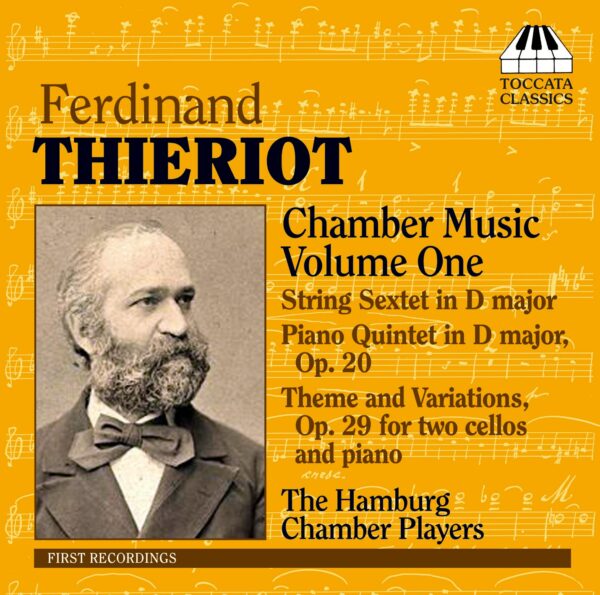
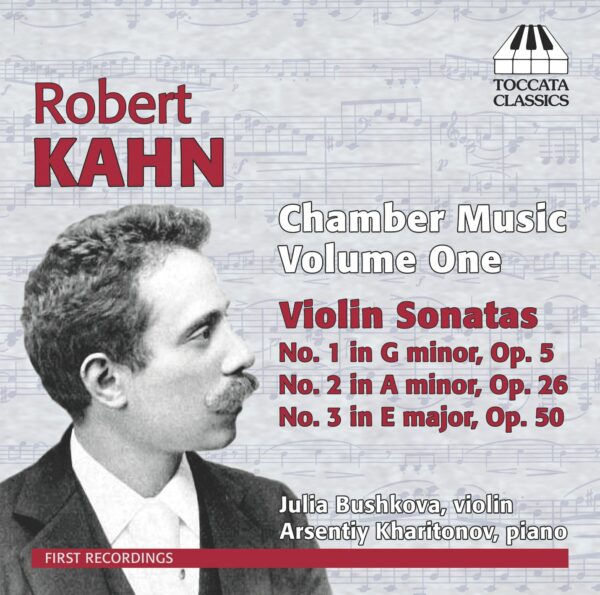
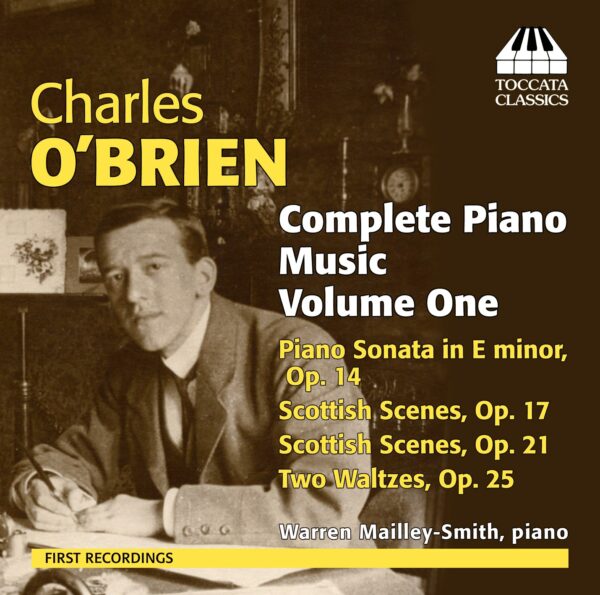
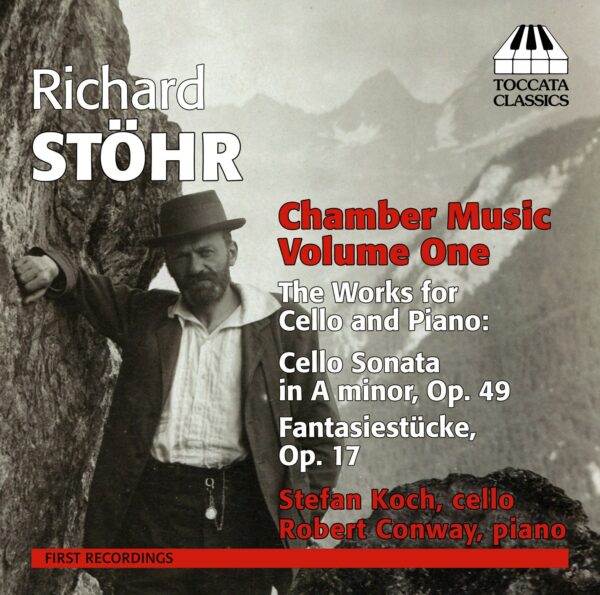
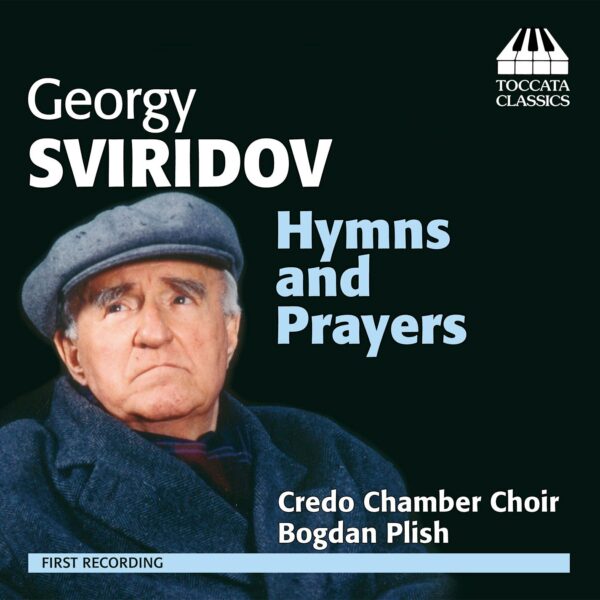
Fanfare Magazine :
‘Thieriot distinguished himself mainly in the field of chamber music… His Piano Quintet on the Toccata CD can easily stand with the more famous piano quintets of Schumann, Dvořák, and Brahms.’
—Jerry Dubins, Fanfare Magazine
MusicWeb International :
‘Where have these works been all your life? […]
The excellent notes are by Walter Zielke. They set the scene but say practically nothing about his other works. It would have been good to have trailed some details of his symphonies.
The performances have a golden age security and glow.’
—Rob Barnett, MusicWeb International
Fanfare Magazine :
‘there are times when words truly fail to convey the beauty of a work, and this is one of them. The most prevalent influence in the quintet seems to be Schumann, but Schumann could not have crafted a work of such expansiveness, such outpouring of nonstop melody, and such sustained generosity of emotional expression. Hearing this work, it’s hard not to shout, “MASTERPIECE!” This is going on my next Want List for sure. […]
My mouth is watering for the next installment.’
—Jerry Dubins, Fanfare Magazine, July/August 2013